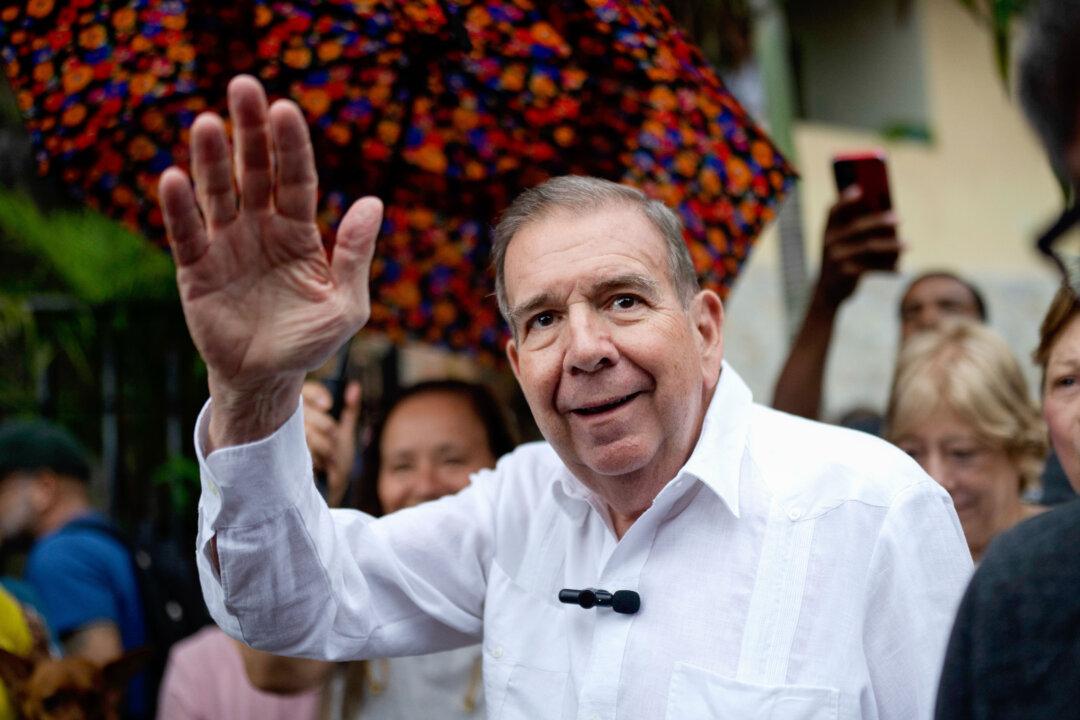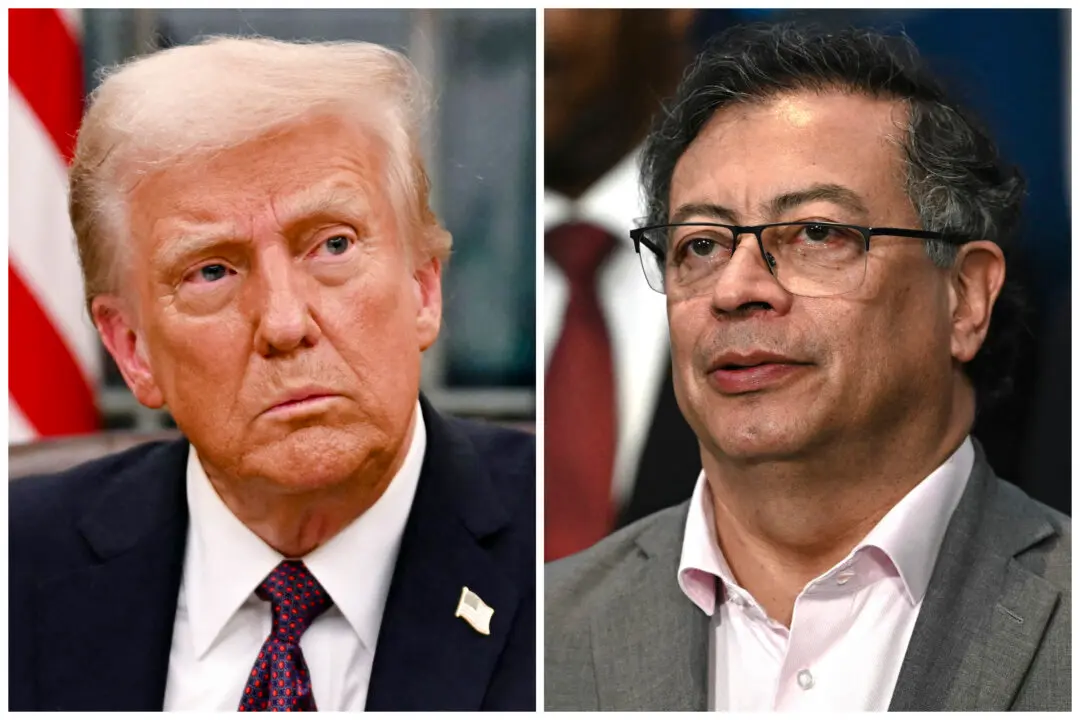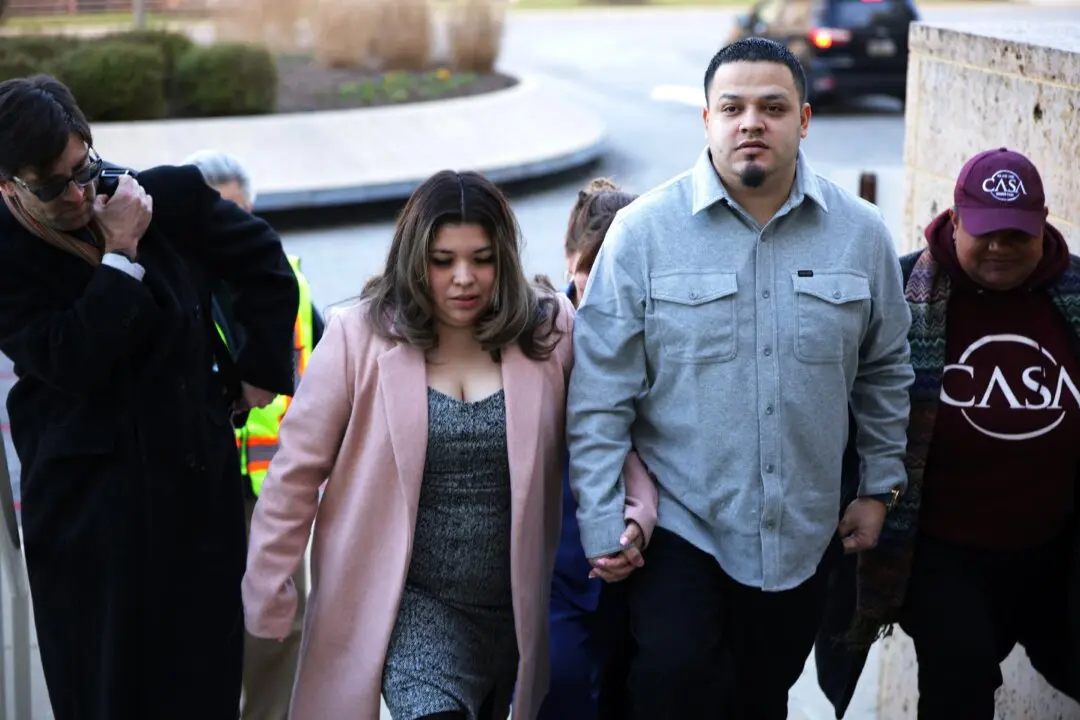The vice president of Venezuela said on Sept. 7 that opposition leader Edmundo González Urrutia has left the country after being granted political asylum in Spain.
González went into hiding days after the contested results of Venezuela’s July election were announced on July 28 by the government-controlled National Electoral Council (NEC), which declared President Nicolás Maduro the winner with 52 percent support, but without releasing detailed voting data.





